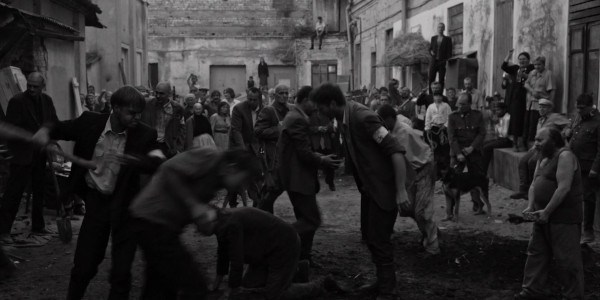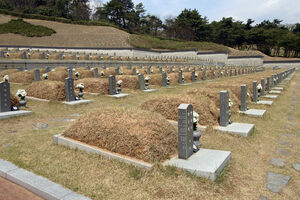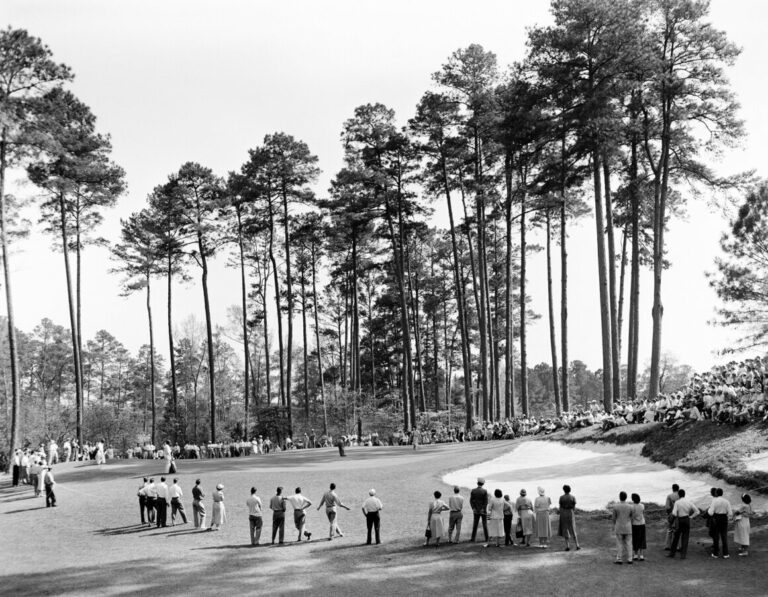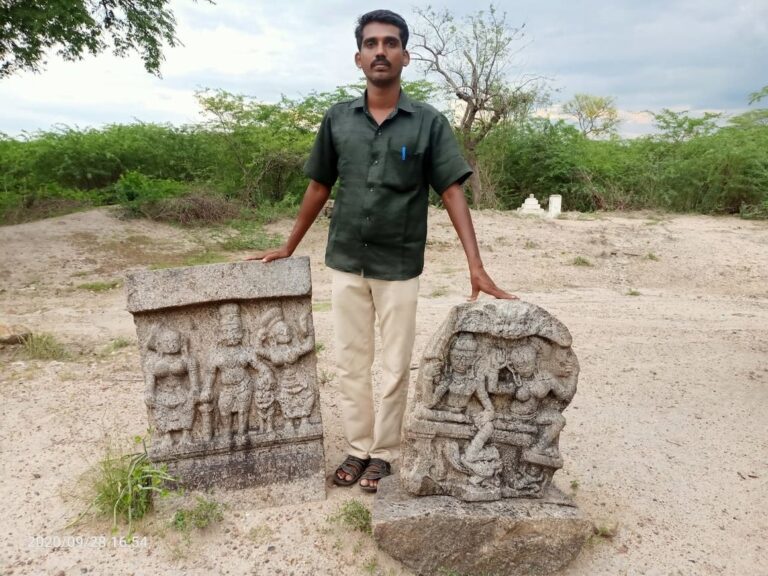The Coining House in Segovia, Spain
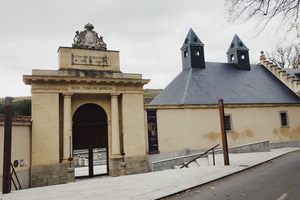
Until the mid-16th-century, Europe’s minting techniques had not progressed from ancient Greek coinage, which was struck by hand using dies and a hammer. Eventually, this method became ineffective as a large amount of bullion was imported from across the world and the mints had trouble keeping up.
To solve this problem, minting machinery was invented in 1550 based on Leonardo da Vinci’s ideas and using hydraulic wheels. It was first adopted by France, followed by England in 1560, Spain, and the Holy Roman Empire. This “milled coinage” was produced in round shapes, unlike the often unevenly-shaped hammered coins. This made them harder to counterfeit.
Spain’s machinery-based mint, known as the Coining House of Segovia, was personally funded by King Philip II and completed in 1586. Philip needed the mint to convert silver from the Spanish colonies in South America to coins efficiently, producing the famous “pieces-of-eight” by the tons. This became the first mechanized factory constructed in Spain.
While the Segovia mint was owned by the Royal House, other mints across Spain were run by the National Treasury. They continued hammered coinage for several decades.
Following Spain’s defeat in the Napoleonic Wars, the Coining House fell under the control of Joseph Bonaparte along with the city. The minting in Segovia continued through the restoration of Ferdinand VII, to the deposition of Isabel II.
In 1878, the mint was sold and renovated into a flour factory, which operated until 1967. The building was then abandoned until it was acquired by the municipality in 1987. Restoration work began three decades later, and it stands today as a museum exhibiting a fascinating collection of coins. It also highlights the history of Segovia and its famous aqueduct.

